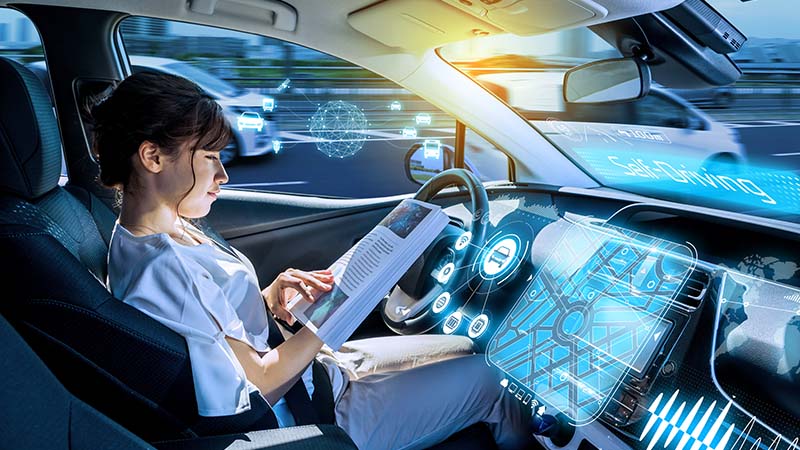
The World of Cars
The automotive industry stands as a symbol of human ingenuity and technological advancement. From the invention of the first automobile to the latest advancements in electric and autonomous vehicles, cars have become an integral part of modern life. This article delves into the diverse facets of the automotive world, exploring the evolution of cars, technological innovations, and the impact of the industry on society.
The world of cars is a dynamic and ever-evolving landscape that transcends mere transportation. It represents a fusion of innovation, design, and engineering excellence. From sleek electric vehicles to powerful sports cars and rugged off-roaders, the automotive realm caters to diverse tastes and preferences. Advancements in technology, sustainability, and connectivity redefine the driving experience, while classic and vintage models embody automotive heritage. Beyond functionality, cars evoke a sense of freedom, adventure, and individual expression, creating a rich tapestry in the fascinating world of automobiles.

The World of Cars in Evolution of Automobiles
The journey of automobiles dates back to the late 19th century when Karl Benz invented the first practical motorcar in 1885. Since then, the automotive industry has undergone a remarkable evolution, witnessing the rise of iconic models, the introduction of assembly line production, and the continual pursuit of efficiency and performance. From classic muscle cars to sleek, fuel-efficient hybrids, the diversity of automobiles reflects the ever-changing needs and preferences of consumers.
Technological Advancements
In recent years, the automotive industry has experienced a technological revolution, reshaping the way we perceive and interact with vehicles. The integration of advanced safety features, such as adaptive cruise control and lane departure warnings, enhances driver safety. Moreover, the development of electric and hybrid vehicles represents a significant stride toward sustainable and eco-friendly transportation. The convergence of automotive and digital technologies has given rise to smart cars equipped with sophisticated infotainment systems, GPS navigation, and connectivity features.
Electric and Hybrid Vehicles
The growing concern for environmental sustainability has fueled the rise of electric and hybrid vehicles. Electric cars, powered by rechargeable batteries, produce zero emissions, contributing to efforts to combat climate change. Hybrid vehicles, combining traditional internal combustion engines with electric propulsion, offer a transitional solution, providing fuel efficiency without sacrificing range. As advancements in battery technology continue, electric vehicles are becoming more accessible and practical for a broader range of consumers.
The World of Cars Autonomous Driving
The concept of autonomous or self-driving vehicles represents the pinnacle of automotive innovation. Companies are investing heavily in developing systems that can navigate without human intervention, relying on sensors, cameras, and artificial intelligence. While fully autonomous vehicles are still in the testing phase, semi-autonomous features, such as automated parking and lane-keeping assistance, are already available in many modern cars, paving the way for a future where driving may become a hands-free experience.
The Impact on Society
The automotive industry’s impact extends beyond technology and design; it profoundly influences society and culture. Cars have shaped the way cities are planned, contributing to the rise of suburbs and influencing transportation infrastructure. The automotive industry is a significant economic force, providing employment, driving innovation, and fostering global trade. Additionally, cars are emblematic of personal freedom and mobility, allowing individuals to explore and connect in ways that were once unimaginable.
Future Trends and Challenges
Looking ahead, the automotive industry faces both exciting opportunities and formidable challenges. Continued efforts toward sustainability, the development of autonomous technologies, and the integration of artificial intelligence are poised to transform the industry further. However, challenges such as infrastructure limitations, regulatory hurdles, and the need for widespread consumer acceptance of new technologies remain on the horizon.
Read More : Automotive Marvels: Unveiling the Dynamic World of Vehicles




